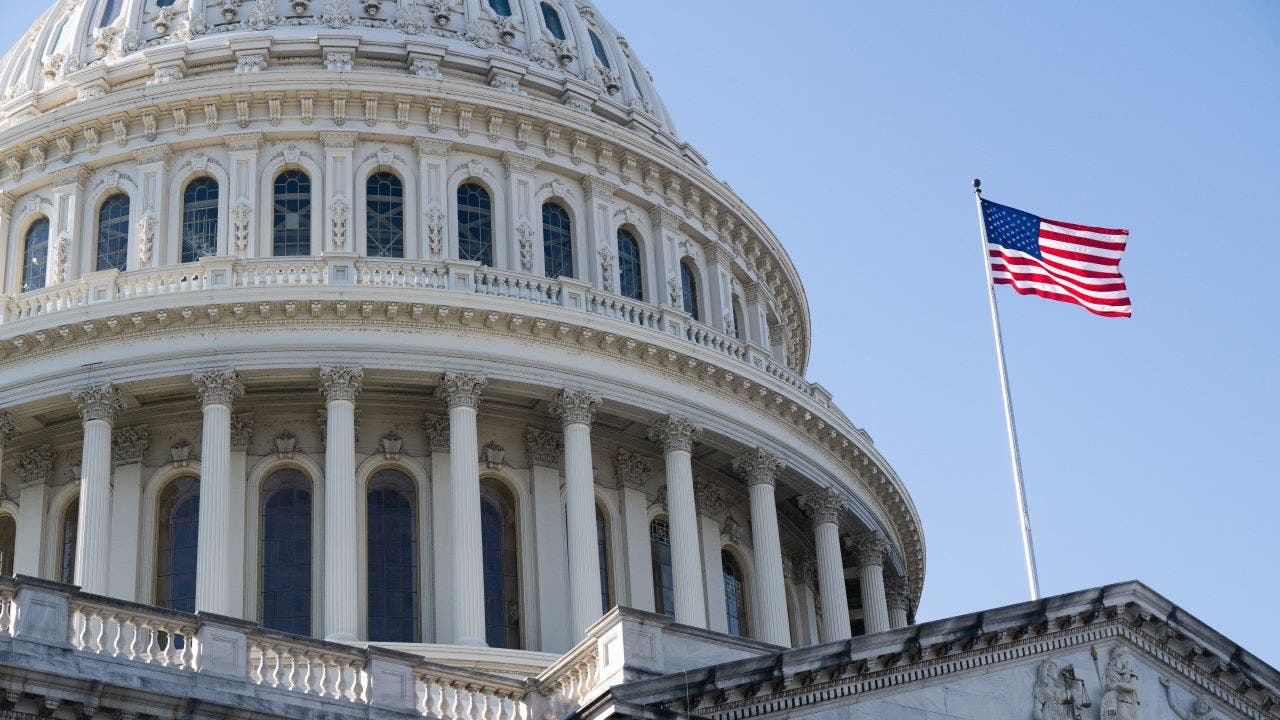The “big, beautiful bill” that congressional Republicans are looking to advance through Congress to implement President Donald Trump’s tax cuts and spending reforms would add over $2 trillion to budget deficits over a decade, according to a recent analysis.
The nonpartisan Congressional Budget Office (CBO) released its first analysis of the House’s version of the reconciliation package and estimated the bill would add a net $2.3 trillion to federal budget deficits over the next decade after accounting for some of the spending reductions in the package.
Most of the deficit impact comes from the extension of tax cuts that were implemented in 2017 during Trump’s first term through the Tax Cuts and Jobs Act (TCJA). That tax law is set to expire at the end of 2025 and would raise many Americans’ tax bills next year if not extended. Extending the lower tax rates from the TCJA increases deficits by over $2.1 trillion over a decade, while the extension of a higher standard deduction adds $1.2 trillion over that period.
All together, the tax cuts and reforms in the package add nearly $3.8 trillion to the deficit over a decade – though spending reductions in other parts of the bill offset some of that to arrive at the $2.3 trillion figure.
WHAT WILL NO TAXES ON TIPS COST IN FOREGONE TAX REVENUE?
Medicaid reforms leading to spending reductions would reduce budget deficits by about $988 billion over a decade, while changes to federal nutrition programs lower deficits by nearly $294 million, according to the CBO.
The Trump administration and some congressional Republicans have pushed back on the estimates of the One Big Beautiful Bill Act’s impact on the deficit, arguing that economic growth from the tax cuts will stimulate economic activity and lead to more tax revenue than what is projected.
LARGER TAX-CUT PROPOSAL NOT ENOUGH TO OFFSET DRAG ON GROWTH FROM TARIFFS: GOLDMAN SACHS
An analysis by the nonpartisan Committee for a Responsible Federal Budget (CRFB), based on the CBO’s estimate that includes some of the adjustments made by House Republicans as well as the interactions of various provisions, found that the bill would add $3.1 trillion to the deficit.
Under the budget reconciliation process, Congress can advance legislation impacting taxes and spending with simple majority votes in both chambers, bypassing the Senate’s 60-vote legislative filibuster.
However, reconciliation rules require the bill not raise budget deficits beyond a 10-year budget window without including offsets, so lawmakers often make certain policies temporary to reduce the longer-term deficit impact.
CBO SAYS US BUDGET DEFICITS TO WIDEN, NATIONAL DEBT TO SURGE TO 156% OF GDP
The House passed the One Big Beautiful Bill Act on May 22 on a narrow 215-214 vote that went largely along party lines.
That sent the bill to the Senate, which will consider changes to the legislation ahead of a potential vote in the weeks ahead.
Republicans hold a narrow 53-47 majority in the upper chamber, which could present challenges in passing the measure as Sens. Ron Johnson, R-Wis., and Rand Paul, R-Ky., have criticized the bill over its deficit impact.
If the House-passed version of the bill is revised by the Senate, the bill will have to go back to the House for another vote before it can go to the president’s desk and become law.
